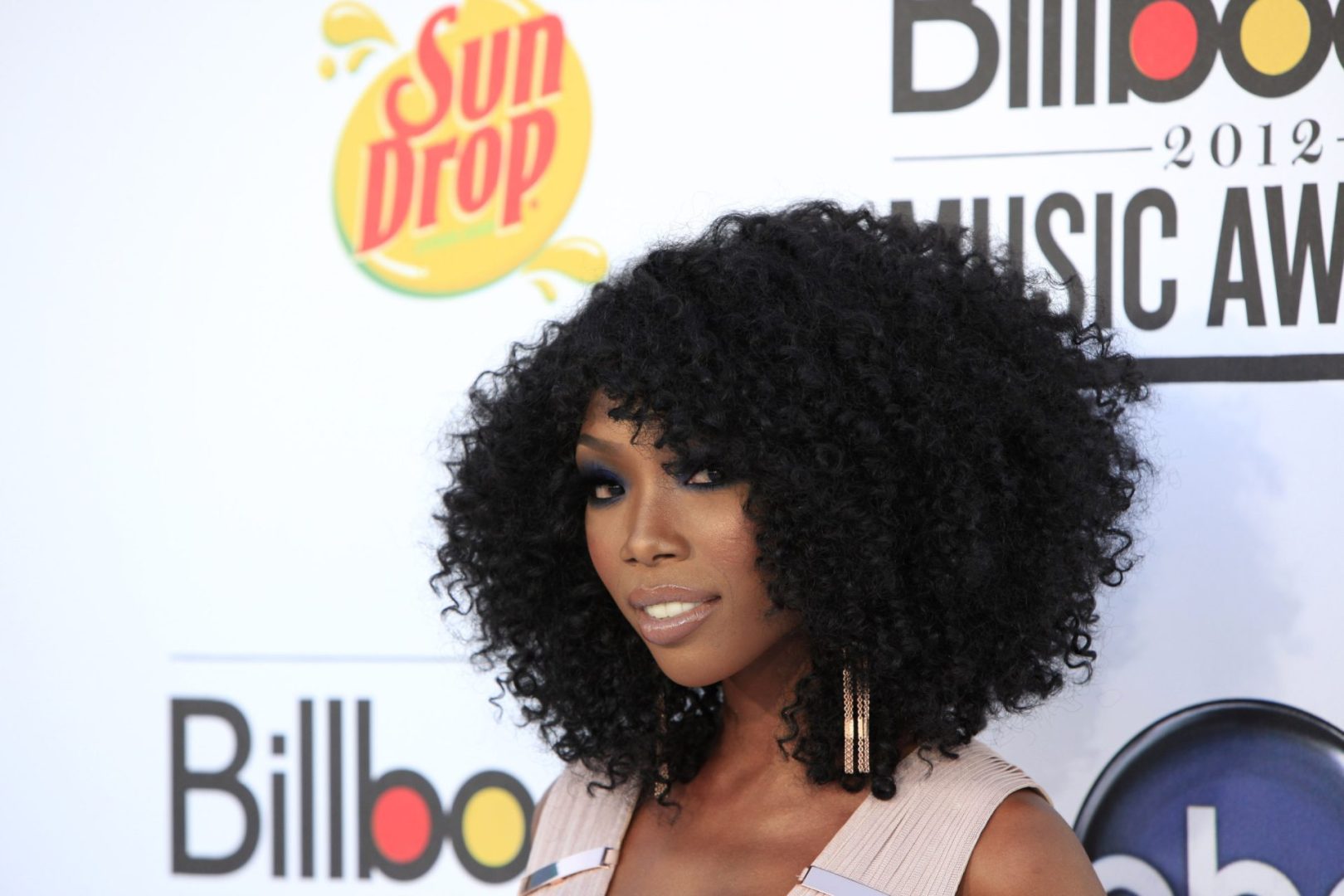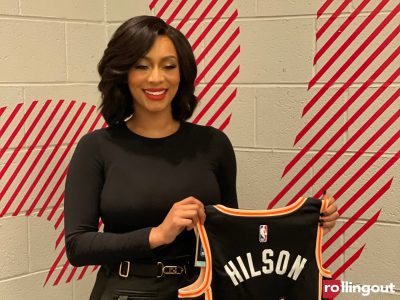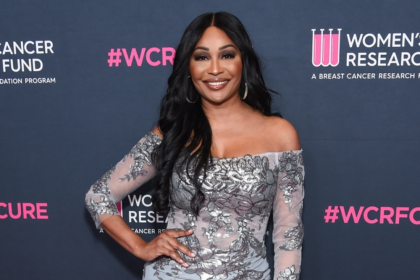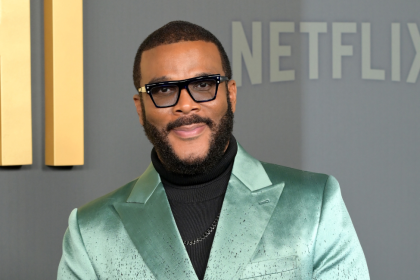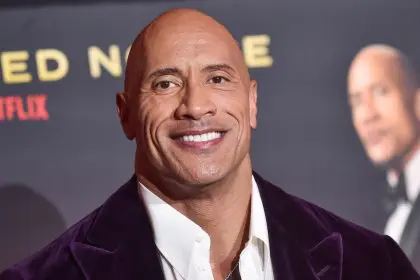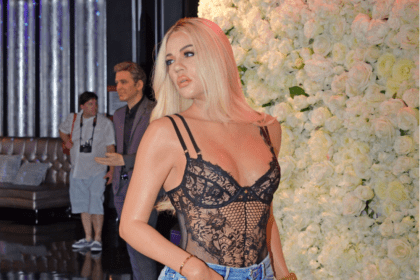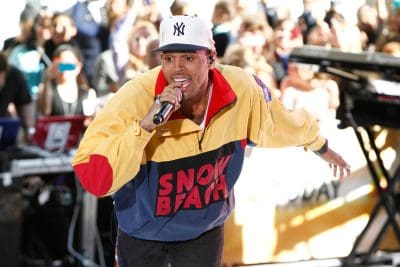Former Bad Boy rapper Shyne revealed details about a complex love triangle involving Brandy and Ma$e during a recent “Breakfast Club” appearance. He compared the situation to “Kobe coming to the Lakers and going after Shaq’s joint,” acknowledging the competitive dynamics at play.
The story gained attention following DJ Clark Kent’s claims in “The Honorable Shyne” Hulu documentary that both rappers simultaneously dated Brandy. Shyne recalled a pivotal argument where Brandy told him, “You’re nobody. You ain’t sold one record,” serving as a wake-up call about his career priorities in 1998.
Beyond the love triangle, Shyne discussed his strained relationship with Diddy, including an attempted confrontation during a prison visit and a disappointing financial offer of $50,000 during a Paris meeting years after his release.
Music industry veterans note how this revelation provides insight into the personal dynamics of 90s hip-hop culture. The situation highlights how romantic relationships often intersected with professional rivalries during rap’s golden era.
The discussion demonstrates how personal relationships influenced career trajectories in hip-hop’s formative years. Shyne’s candid reflection offers perspective on both the music industry’s complexities and the impact of fame on personal relationships.
Critics suggest these revelations add important context to understanding the interpersonal dynamics that shaped Bad Boy Records’ legacy. The story illustrates how personal conflicts often influenced professional relationships within the label.
Industry insiders note how such relationships frequently complicated business dealings within major labels, particularly during hip-hop’s commercial peak in the late 90s.
Entertainment analysts observe how these historical insights continue influencing discussions about power dynamics and relationships in contemporary hip-hop culture.
Cultural historians emphasize the significance of Shyne’s revelations in documenting hip-hop’s social history. His account provides rare insight into the personal lives of prominent industry figures during a transformative period.
Former Bad Boy associates corroborate aspects of Shyne’s story, noting the complex web of relationships that characterized the label’s peak years. These connections often influenced creative collaborations and career opportunities.
Music journalists point out how this story reflects broader themes of loyalty, competition and power within the industry. The intersection of personal and professional relationships continues shaping hip-hop culture.
The timing of Shyne’s disclosure coincides with renewed interest in 90s hip-hop history, as documentaries and retrospectives examine the era’s lasting influence on contemporary music.
Marketing experts note how such revelations can impact artists’ legacies while generating renewed interest in their music catalogs. Personal stories often drive streaming numbers for classic tracks.

